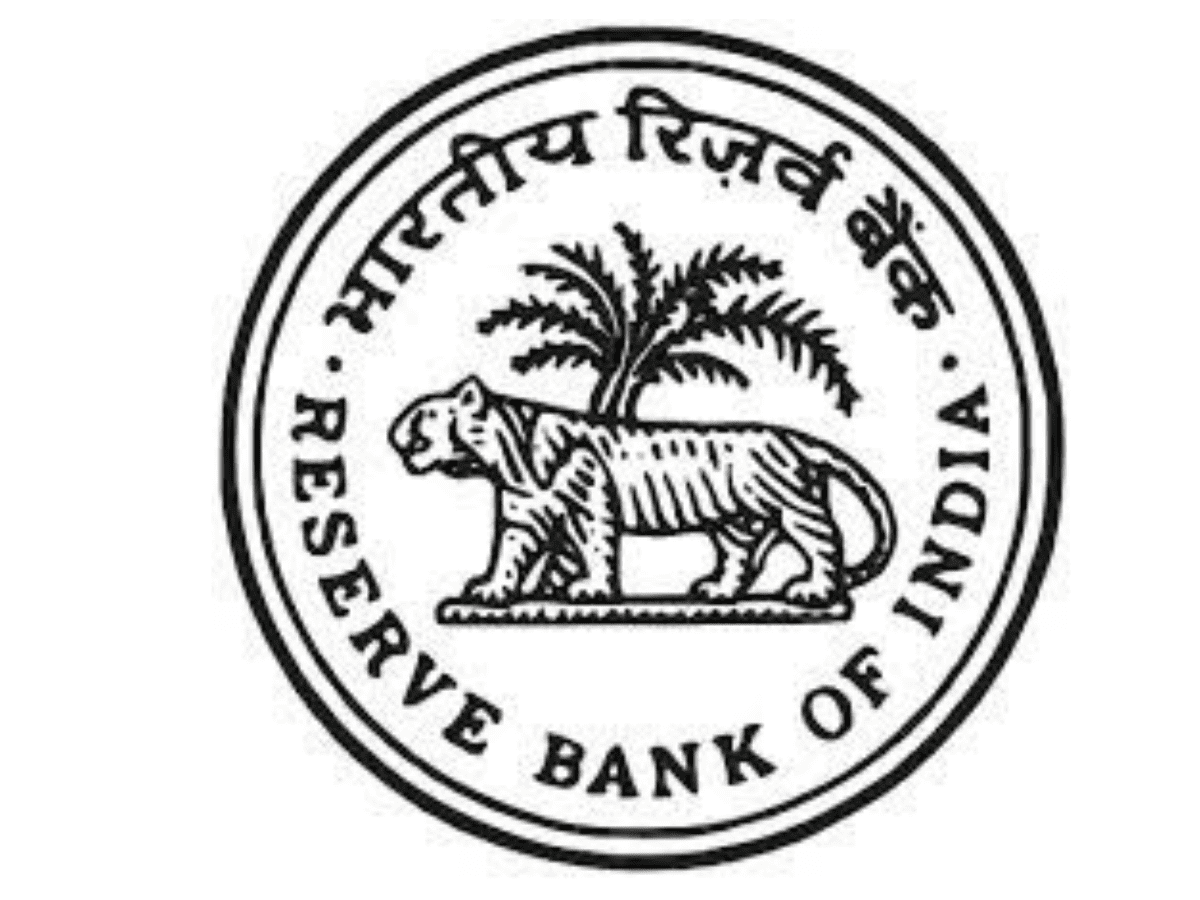When the chairman of Royal Caribbean, whom I asked three times before I got my “yes” for the CEO role at one of our brands, said in an interview, “I wanted to see her fail. I wanted to see how she handled failure,” I realized two things. One was that he had obviously kindly blocked from his mind the most prolific failure of my career, and the second was that he had actually expected me to fail. He wanted to see how well I could handle failure when it inevitably happened. But the failure I remember the most, that had the most impact on me, and that was the greatest learning experience of my career happened many years before then.
Failure is inevitable; it’s what we do with those failures that counts. The greatest minds in the world know this, and they know that true failure is only in not trying. Every time we rise up and meet the “failure” or manage the “mistake,” we are actually progressing toward something greater. I’ve learned that failure is a very important experience in your journey toward success. I still have a hard time with this—I am not a person who accepts failure easily. Quite the opposite. Yet I know that without it, success is impossible.
My biggest, most colossal “success in progress” was launching a new brand in 2008. It was a failure of great magnitude for me—both personally and professionally. This wasn’t a failure for just me—it also impacted people I cared about very much. My boss. Our crew. Our guests. Professionally, it made me question if I was right for my position. Maybe I wasn’t cut out to be an operational leader. Some failures do that to you. They make you question everything.
In 2007, I had taken over hotel operations for one of our brands. Until then, I’d been in operations but only as VP of onboard revenue. It had been going great; onboard revenue was a continuation of and easy transition from my sales and marketing career. Circumstances changed during my first few months in this new role as head of operations, and I was then thrust into a broader operational role because the leader who had been in that role decided to leave the company. While this was another great opportunity for me, I had only been in my position for eight months, so I did not have a lot of operational experience at that point in time. I was still learning.
New to this position and now leading a team of people who were my previous colleagues in a culture that was still somewhat foreign to me, I was informed that we were starting up a new brand. And it was all happening “now.” Talk about a steep learning curve. The proverbial frying pan to the fire.
We had purchased two ships from another cruise company, and we needed to start them up pretty quickly. And they needed a lot of work: extensive dry-docking—when the whole ship is brought to dry land so that the submerged portions of the hull can be cleaned and inspected—and significant interior refurbishment. We were on a very tight timeline.
With such narrow operational experience taking on this project, I had to count on the team of people I was working with and their expertise. They all assured me this was going to be fine and that they had everything covered and under control. And I thought it would all turn out just fine. Boy, was I wrong.
I was in the midst of a situation that could be described as a perfect storm of things going wrong. The teams responsible for the readiness of the areas and the guest experiences did not meet the deadlines, and then there was me: the new leader who didn’t know the right questions to ask and who naively trusted and took everyone at their word in an environment that was not built on trust, collaboration, and teamwork. In such an environment, successful outcomes cannot happen.
The day before we were to welcome our guests, almost everyone left the ship. Some had to leave, and some chose to. I was the only shoreside leader left along with our crew, the hotel team that had to start it up, and the chief engineer who was going to continue to lead the work to get everything ready on the ship.
When it was time to set sail, many systems weren’t working. Rooms weren’t completely ready, and some items hadn’t been delivered. Restaurants, crew, chefs, and housekeeping weren’t completely prepared. Some furniture still hadn’t arrived.
My boss was offloading trash and sweeping the decks throughout the night before guests were to arrive; another colleague was out buying pizzas at two thirty in the morning so the overnight team working so hard to be as ready as possible would have something to eat. Another team was also offloading trash and doing the best they could to help as the final hours passed by. The silver lining? I learned a lot. Most importantly, that the worst in people comes out in the worst of times. And, I learned how important it is to have people you can count on and how very challenging it can be when you don’t.
I had to quickly pivot from the immense disappointment I felt. I thought, Okay, I can’t change any of this. There’s nothing I can do to change the circumstances as they exist right now. But what can I do? How am I going to fix this?
And that’s when I learned that the best in people will come out in the worst of times. I looked at all the people who were still there, the security team, a staff captain, the hotel operations team, our crew, and me—and we decided we were going to rally and make it work.
Good news is that we survived. But not unscathed. And coming out of such a failure was a long road, at least for me. The team and I often reminisce about that experience. We talk about it with affection. Because we know how difficult it was—but also how much we all grew from it and how we came out on the other side.
That experience also made me much smarter and wiser. I learned that I need to ask more questions and take nothing for granted. To trust but also verify. To ask what could go wrong rather than assume everything will go right. After that failure, I made changes and started bringing in people who understood what our mission was and who would help me build a stronger culture.
Out of the wreckage of that failure, I discovered an amazing amount of talent on my team that I was previously unaware of. That experience paved the way for great careers for many of them. These were all talented, committed, and dedicated people whom I might not have noticed if we hadn’t gone through that together. And that has been the greatest gift of all. The happy ending of the story is that the brand recovered shortly after that, was eventually spun off as its own brand with its own leadership team, and prospered.
From this failure, I created a set of simple, timeless, all-encompassing leadership values that I’ve now lived by for years.
1. Nurture our employees.
2. Play as a team.
3. Foster open communication.
4. Find a way or make a way.
5. Do the right thing.
6. Pay it forward.
7. Walk the talk.
8. Be simple and fast.
9. Be better tomorrow than today.
As Confucius said, “Our greatest glory is not in never failing, but rising every time we fail.” And while this epic fail was the worst of my career, it was also the most important and positive part of my career in my development as a leader. And I rose from it.
Excerpted from Making Waves: A Woman’s Rise to the Top Using Smarts, Heart and Courage (Matt Holt Books, February 20, 2024), copyright © 2024 by Lisa Lutoff-Perlo. Reprinted with permission from Matt Holt Books, an imprint of BenBella Books. All rights reserved.






